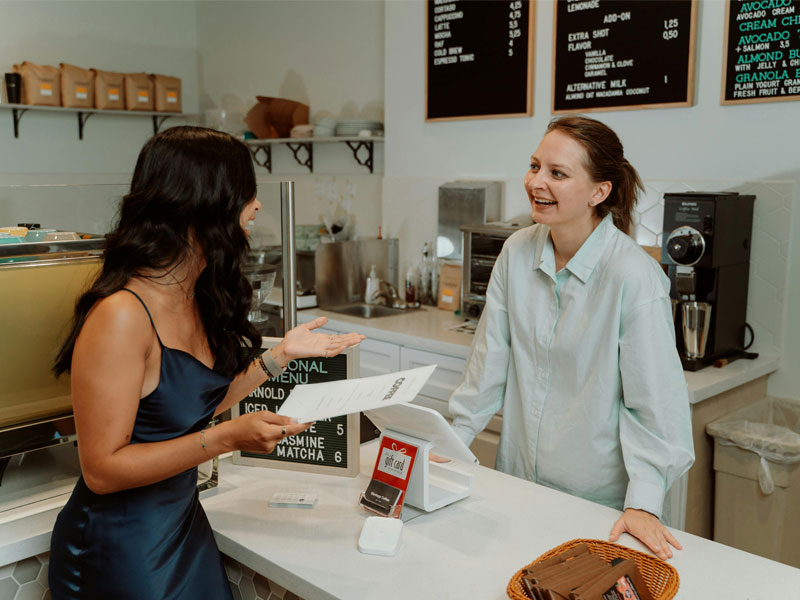Are you ready to DIY?
Published July 20th, 2021

One of the big trends we’ve seen in recent years is do-it-yourself market research. Survey platforms and research panels have opened up to provide easy access to anyone who wants to run a survey. It’s democratised a lot of the research world and has caused concern for some professional researchers.
The benefits of DIY research are that it’s fast and cheap, and means you can cut out the middle man. And for some people, that might be enough. However, the decision to go it alone on a research project shouldn’t be taken lightly. While some might see DIY research as a quick and easy solution, there is often a lot more to running a research project than many people realise.
Writing a questionnaire
How hard can it be to write a few questions? It’s not necessarily that difficult, however, to get the most from it you will need to have a good understanding of how and why to use particular wordings, and to be able to work through the screening requirements, the order to ask questions to minimise bias, and any particular techniques you might need to use to get the data you are after. So while writing questions might be simple, writing a questionnaire takes a lot more time and thought.
Building a survey
One characteristic of many DIY research platforms is the ability to choose from a myriad of question types. This is a great thing – until it comes to deciding on the best one for your particular question.
Then there is the issue of actually building the survey, working out which respondents should skip which questions, and determining how long the survey is.
Again, this takes a significant amount of time to get right.
Finding the right people
Finding the right people or the fieldwork part of survey research is something that many researchers don’t even understand as most research agencies outsource this part of the process.
Finding people to fill your sample might be relatively easy if the audience is broad, however, if you are looking at something more niche, or you need to determine and manage quotas as part of this, it becomes more complex. Getting this right might mean shifting focus mid-way through the fieldwork in order to fill your quotas or managing and monitoring progress over the weekend and in the evenings.
Even once the sample is filled, the process involves quality checking the data, removing poor respondents, and then filling the gaps.
Analysis
Probably the most complex and time-consuming aspect of running a survey is analysing and interpreting the results. Comparing results from different questions, building charts, or reading open-ended answers or comments is the first step, but it’s the more detailed analysis – knowing where to look in the data to find the insights – and then putting together a coherent and robust story, where the value of a research expert comes in. Achieving this can be a time-consuming process.
Is it worth it?
While DIY research can be useful for some to get a quick read on opinions and behaviours, for many it can easily turn into a frustrating and difficult process where you don’t make the most of your research.
Another thing to consider is the value of an outside view. An independent researcher can often find and say things about the data that someone within a company cannot. Whether it’s finding an uncomfortable truth or challenging a widely-held belief within your organisation, a fresh perspective can be a game-changer.
More than anything, you should think about the most effective way to work. Every hour that you spend doing things outside your core area of expertise is an hour that you are not doing what you do best. Is working on every step of a research project the best way for you to use your time?
DIY, full service, or something in between?
While DIY research might work for some people some of the time, most research projects will benefit from using experienced, independent researchers. Even if you are comfortable writing a questionnaire, or analysing data, having a trusted research partner who can advise you and take on the parts of the project you are less comfortable with can end up saving you time and money.
Our latest thinking
AI In Research – What does it mean for Edentify and you?
There is a lot of buzz about AI in the market research industry at the moment. The technology is developing quickly, and it's difficult to keep up with everything that is going on.At Edentify, we have been using AI tools for a number of years. Some are built into our survey platform and you have...
Read moreImprove Your Customer Experience with Voice of the Customer Research
Whether you have an existing VoC program in place, or you are looking to start one, it’s not always easy to know what to do. Here are a few tips to point you in the right direction:1. Ask the Right QuestionsIt all starts with the questions you ask. If you only focus on "How satisfied are...
Read moreVoice of the Customer gives customers a voice. But what questions should we ask them?
There is one topic that is guaranteed to come up in every discussion I have had with a client looking to measure their customer satisfaction: what question should we ask?My answer is usually (like so often in market research): well, it depends.For many years, the common wisdom suggested that Net...
Read moreSample Quality Counts
Good quality sample – making sure you are talking to the right people – is a fundamental of good research. It's the first step in ensuring good quality research and without it, our data is meaningless, or worse, misleading.This is not just an issue when using a research panel –...
Read more


